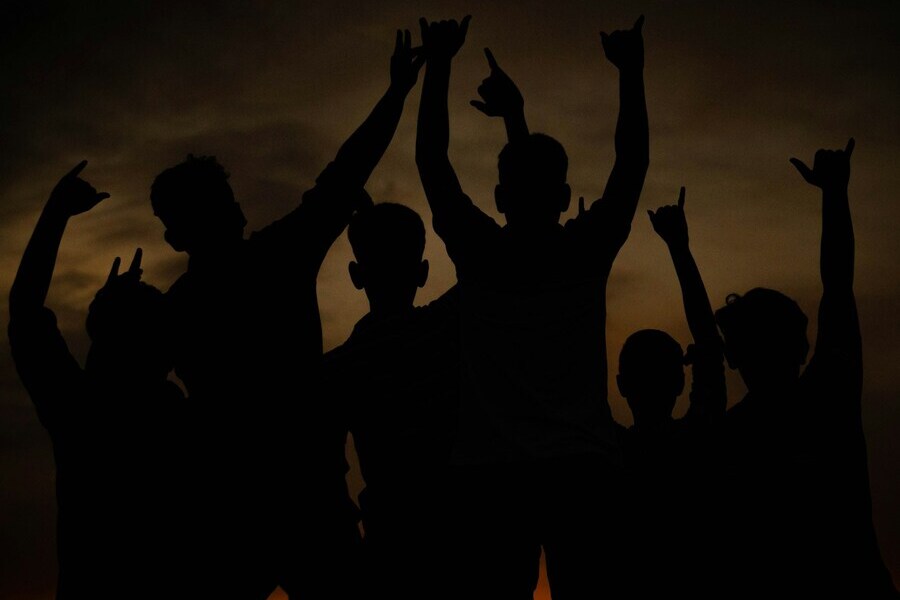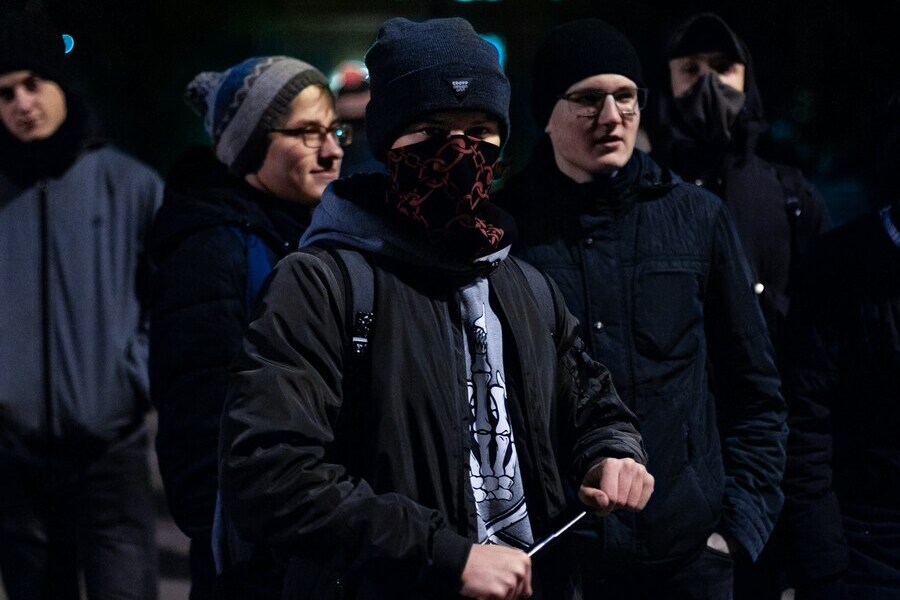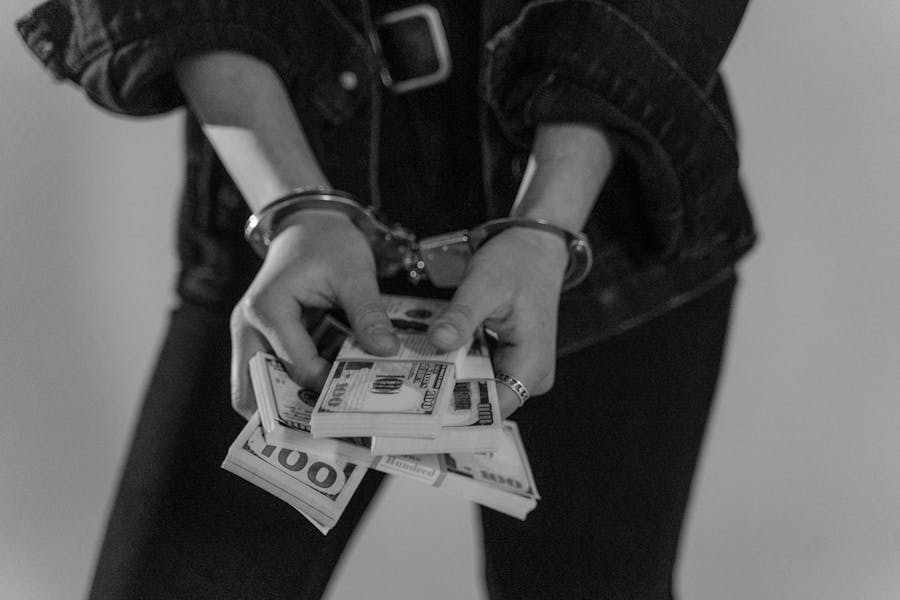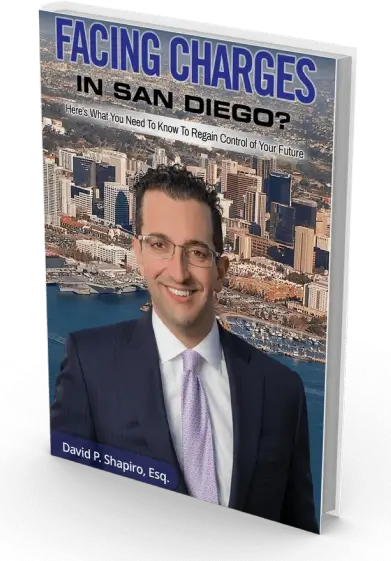Participation in a Criminal Street Gang (Penal Code § 186.22(a)) in California
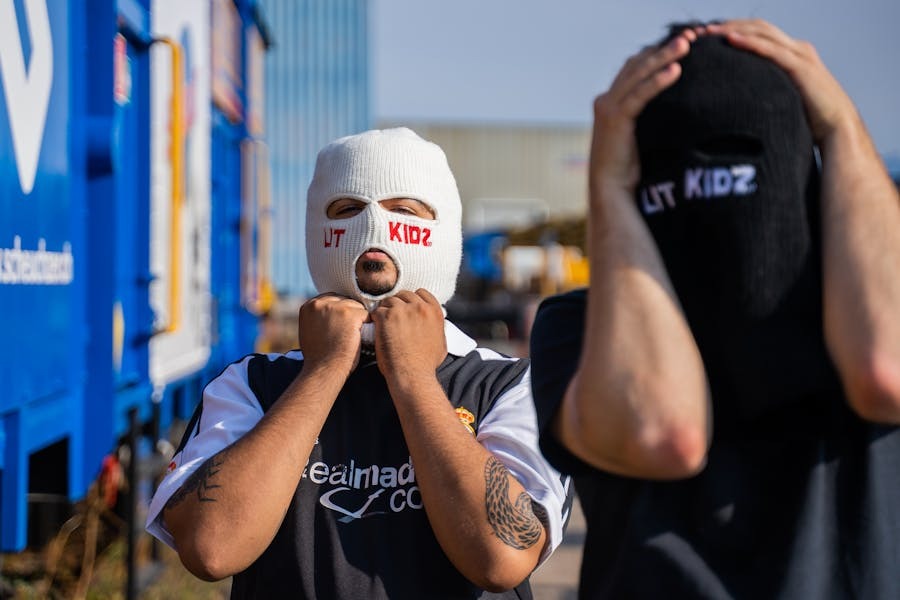
Being charged with participation in a criminal street gang under California Penal Code § 186.22(a) can have serious consequences that extend far beyond time in custody. These charges not only carry significant jail or prison terms but can also affect your reputation, employment prospects, housing opportunities, and immigration status for years to come.
At David P. Shapiro Criminal Defense Attorneys, we’ve helped numerous clients in San Diego and Chula Vista fight gang-related charges. This guide explains what you need to know about Penal Code § 186.22(a), including its elements, penalties, and defense strategies that may help your case.
What is Participation in a Criminal Street Gang Under California Law?
California Penal Code § 186.22(a), part of the Street Terrorism Enforcement and Prevention (STEP) Act, makes it illegal to actively participate in a criminal street gang while promoting or assisting in the gang’s criminal activities. Specifically, the statute states:
“A person who actively participates in a criminal street gang with knowledge that its members engage in, or have engaged in, a pattern of criminal gang activity, and who willfully promotes, furthers, or assists in felonious criminal conduct by members of that gang, shall be punished by imprisonment in a county jail for a period not to exceed one year, or by imprisonment in the state prison for 16 months, or two or three years.”
It’s important to understand that this offense is separate from the gang enhancements under Penal Code § 186.22(b), which add time to sentences for crimes committed for the benefit of a gang. Section 186.22(a) is a standalone offense that criminalizes active gang participation combined with promoting gang crimes.
Elements Prosecutors Must Prove
For a conviction under Penal Code § 186.22(a), prosecutors must prove beyond a reasonable doubt:
- You actively participated in a criminal street gang
- You knew that members of the gang engaged in a pattern of criminal gang activity
- You willfully promoted, furthered, or assisted in felonious criminal conduct by members of the gang
Let’s examine each of these elements in detail:
Active Participation in a Criminal Street Gang
“Active participation” means involvement in a gang that is more than nominal, passive, or merely associational. The California Supreme Court has clarified that you don’t need to be a formal member or devote substantial time to the gang—the key is that your involvement is more than minimal.
According to Penal Code § 186.22(j): “In order to secure a conviction…it is not necessary for the prosecution to prove that the person devotes all, or a substantial part, of their time or efforts to the criminal street gang, nor is it necessary to prove that the person is a member of the criminal street gang. Active participation in the criminal street gang is all that is required.”
Knowledge of the Gang’s Criminal Activity
You must have known that the gang members engaged in a “pattern of criminal gang activity,” which means the commission of specific crimes listed in Penal Code § 186.22(e). Following the 2021 amendments to the law, a pattern requires:
- The commission of two or more of the specified offenses
- At least one offense occurring after the effective date of the law
- The last offense occurring within three years of a prior offense
- The offenses being committed on separate occasions or by two or more persons
- The offenses commonly benefiting the gang
- The common benefit from the offenses being more than reputational
The prosecution must show you were aware of this criminal pattern.
Willfully Promoting, Furthering, or Assisting in Felonious Conduct
This element requires that you willfully helped, promoted, or encouraged felonious (felony-level) criminal conduct by gang members. This doesn’t mean you personally committed a felony but rather that you facilitated or assisted gang members in committing felonies.
Defining a “Criminal Street Gang”
Under Penal Code § 186.22(f), a “criminal street gang” means:
“An ongoing, organized association or group of three or more persons, whether formal or informal, having as one of its primary activities the commission of one or more of the criminal acts enumerated in subdivision (e), having a common name or common identifying sign or symbol, and whose members collectively engage in, or have engaged in, a pattern of criminal gang activity.”
This definition requires:
- An ongoing organization of three or more people
- One of the group’s primary activities being the commission of specific crimes
- A common name or identifying sign/symbol
- Members who engage in a pattern of criminal gang activity
Following the 2021 reforms, proving the existence of a criminal street gang has become more challenging for prosecutors, as they must show that the gang’s criminal activities provide benefits beyond mere reputation enhancement.
Penalties for Participation in a Criminal Street Gang
A conviction under Penal Code § 186.22(a) can result in:
- Up to one year in county jail, or
- 16 months, 2 years, or 3 years in state prison
Additionally, if you’re granted probation or given a suspended sentence, the court must impose a minimum of 180 days in county jail as a condition of probation.
Beyond the direct criminal penalties, a conviction carries significant collateral consequences:
- Strikes under California’s Three Strikes law
- Immigration consequences for non-citizens
- Difficulty finding employment
- Housing discrimination
- Enhanced scrutiny from law enforcement
- Inclusion in gang databases
- Social stigma
How Participation in a Criminal Street Gang Differs from Gang Enhancements
It’scrucial to understand the difference between Penal Code § 186.22(a) (participation in a criminal street gang) and § 186.22(b) (gang enhancements):
- Participation (§ 186.22(a)) is a standalone criminal offense that requires active participation in a gang and promoting/assisting gang felonies.
- Gang enhancements (§ 186.22(b)) are not separate crimes but additional penalties added to sentences for other crimes when committed for the benefit of a gang.
In practical terms, you can be charged with participation under § 186.22(a) without being charged with any other crime, provided prosecutors can prove you assisted gang members in committing felonies. In contrast, gang enhancements under § 186.22(b) always attach to other criminal charges.
Defending Against Participation in a Criminal Street Gang Charges
Several defense strategies may be effective against charges under Penal Code § 186.22(a):
Challenging Active Participation
Your attorney may argue that your association with alleged gang members was minimal, casual, or innocent. Perhaps you live in a neighborhood with gang activity, have family members in gangs, or occasionally socialize with gang members but don’t actively participate in the gang yourself.
Disputing Knowledge of Gang Activity
Prosecutors must prove you knew about the gang’s pattern of criminal activity. Your attorney might argue that you were unaware of the criminal activities of the people you associated with.
Contesting the Definition of the Gang
Following the 2021 reforms, prosecutors face a higher burden in proving that a group qualifies as a “criminal street gang.” Your attorney may challenge whether the alleged gang meets all the statutory requirements.
Challenging Evidence of Promoting or Assisting Felonious Conduct
Your attorney may argue that while you associated with gang members, you did not willfully promote, further, or assist in their felonious criminal conduct.
Constitutional Challenges
Gang prosecutions often involve evidence that raises constitutional concerns regarding freedom of association, due process, equal protection, and protection against unreasonable searches and seizures.
Recent Changes to California’s Gang Laws
In 2021, Assembly Bill 333 (the STEP Forward Act) significantly reformed California’s gang laws, making it more difficult for prosecutors to secure convictions. Key changes affecting § 186.22(a) cases include:
- A more demanding definition of “pattern of criminal gang activity”
- The requirement that gang crimes provide more than reputational benefits
- Procedural changes, including bifurcated trials for gang allegations
- Stricter requirements for proving the existence of a criminal street gang
These changes provide new opportunities for defense attorneys to challenge gang participation charges.
Why You Need an Experienced Criminal Defense Attorney
Gang-related charges require specialized defense strategies because:
- The technical definitions and elements involved require deep legal knowledge
- Recent legal changes have created new defense opportunities that require expertise to leverage
- Effective challenges to gang evidence and expert testimony demand specialized skills
- Constitutional issues frequently arise in gang cases
- The consequences of conviction are severe and long-lasting
How David P. Shapiro Criminal Defense Attorneys Can Help
Our experienced San Diego defense team brings specific advantages to your case:
- In-depth knowledge of gang laws: We stay current on the latest statutory changes and case law
- Experience challenging gang evidence: We know how to effectively contest law enforcement’s gang classifications
- Independent investigation: We conduct thorough investigations to challenge prosecution evidence
- Strategic defense planning: We develop tailored strategies based on the specific facts of your case
- Negotiation expertise: When appropriate, we negotiate with prosecutors to have charges reduced or dismissed
We understand that gang allegations often arise from stereotypes, misunderstandings, or guilt by association. Our approach focuses on presenting a complete picture that counters these prejudices and protects your rights.
Contact a San Diego Gang Crime Defense Attorney Today
If you or someone you love is facing criminal charges in California, swift action is imperative. The penalties can be life altering and long lasting. Give us a call today to set up a case evaluation with one of our attorneys and learn how to best protect your freedom and future.
Too often, we see clients who “wait and see,” unsure of the legal landscape ahead, only for charges to escalate. They then find themselves backpedaling into a bad defense and an even worse lawyer. Don’t let that happen to you. Protect your freedom. Protect your future. Know your rights.
The contents of this article and blog are meant for informational and marketing purposes only and do not constitute legal advice. Viewing and/or use of the blog does not form an attorney-client relationship. No statements in this post are a guarantee, warranty, or prediction of a particular result in your case.

